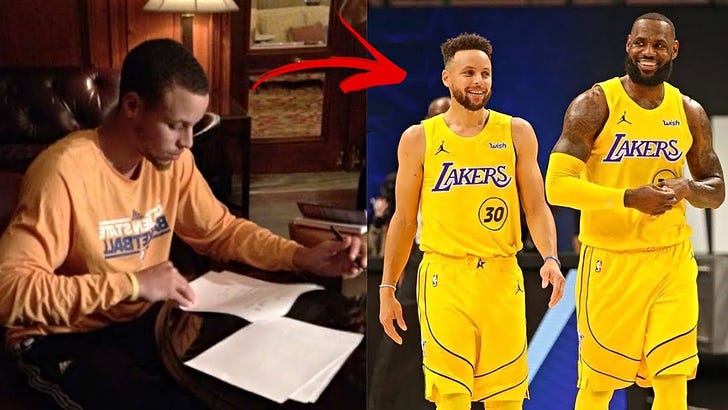2 | Paradox of Choice, Sleeping Well, + Butterfly Effect
"The hardest choices in life aren't between what's right and what's wrong but between what's right and what's best."
Analysis Paralysis
Choosing a restaurant in NYC is difficult, not because of the lack of good restaurants, rather, there are too many! After years in a city, one typically has a list of restaurants they like. Think: When someone visits, which restaurants do you recommend? The difficulty lies in expanding that list.
Every time you choose, you have to consider the opportunity costs: Will that new Indian place be better than the one across the street where I don’t even need to look at a menu? Not only will you potentially forgo a meal you know you will enjoy, but there were so many other places you potentially could’ve gone to instead!
Thankfully, we don’t live in a vacuum where you have to make choices based on the name alone. Having access to resources that can provide further information on the subject can help us reach the “best” solution.
Once you start reading the reviews, you realize how subjective taste is. You have people who write expositions raving over every dish or something like this: Amazing service, wonderful ambience, excellent food, 3/5 stars. If it’s so great, why’d you leave 3 stars?!
Over the years, I’ve probably read thousands and thousands of reviews across Yelp, Google, and OpenTable (review quality from best to worst IMO), and have a personal framework to help me quickly decide if a restaurant is good or bad.
This framework lets me quickly churn through the reviews, quickly pass on the bad and dive deeper into the good. Eventually you find a couple options, compare it to your opportunity cost, and make your decision.
If it was good, great, I have a new restaurant added to my list. If it wasn’t, at least I made the right steps and can look towards where I went wrong.
Ultimately, there is no best, someday there will be something better. Enjoy the moment, be happy with your decision. That’s one restaurant down, 20,000+ more to go!
Life is a continuous stream of choices, what frameworks do you use?
Jeff Bezos on Sleep
In today’s world of hustle culture, it seems like it’s a competition to see who wakes up the earliest, works the longest, and sleeps the latest. Yet, what does the lack of sleep do to us? A lot of bad things.
So let’s go crazy and say I slept four hours a day. I’d get four so-called productive hours back. So before I had, say, 12 hours of productive time during any waking day, now all of a sudden I have 12 plus four — I have 16 productive hours.
That’s 33% more time to make decisions.
But is that really worth it if the quality of those decisions might be lower because you’re tired or grouchy or any number of things? Probably not,
—Jeff Bezos
Is it still worth it to sleep less? Diminishing returns tell us no. Humans didn’t evolve to sit at a desk for 10+ hours a day working on the same thing. Will those extra couple of hours of doing more matter if you end up making mistakes that cost you much more time down the road?
If you ascribe to the Pareto Principle where 80% of the outcomes come from 20% of the actions, then focus your time and energy on the 20%. Quality over quantity.
Butterfly Effect
How many times did you do something, where you think back and point to the exact moment it all went wrong (or right!). Every choice leads to more choices, there’s always going to be a what-if, but own that decision. You never know where it might lead you.
A lot of the everyday items we take for granted were accidents and mistakes: penicillin, vulcanized rubber, frosted glass, waffle cones, etc.
Elon Musk didn’t get a return offer from Scotiabank. Steve Jobs got fired from Apple. Marc Andreessen started as a tech consultant at a small firm because he couldn’t get a better job—even after he invented the internet browser!
Sure, there’s survivorship bias here, but there are so many opportunities in life. You only know they were opportunities afterwards. Bad outcomes don’t necessarily mean life is over or the decision itself was bad.
If you have the time and want to take a deep-dive into semiconductor history. The founding of TSMC, one of the most important companies in the world today, seems pretty serendipitous and full of butterfly effects.
Bonus Round
As of Monday night, Arcane has reached top 10 on Netflix in over 50 countries. If you’re not a huge fan of animated shows, still give it a try. The pace is quick, yet there’s so many layers to the story. Soundtrack is amazing too.
I’m almost reminded of Tesla vs. Edison in parts of the story. Also, the way they make you think in systems—we can so clearly see the complexity of this world, why can’t we see the same things in our world?


